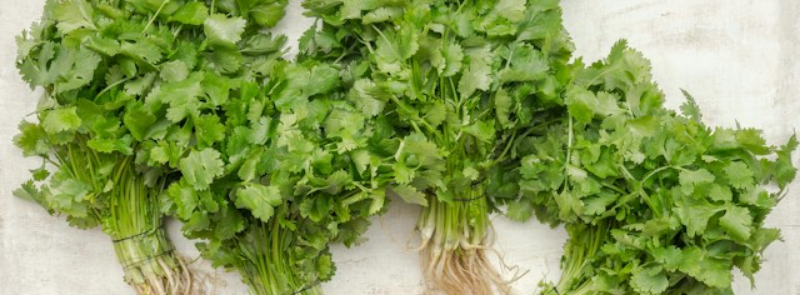
When It Occurs
Every February 24th
Timeline
Days to Come (2)
# Hashtags
#InternationalIHateCorianderDay #ChoiceOfTaste
February 24th marks the celebration of International I Hate Coriander Day each year. This occasion provides an opportunity for individuals who have an aversion to the herb to come together and express their sentiments. Additionally, the day sheds light on research suggesting a genetic connection to the dislike of coriander.
Scientifically known as Coriandrum sativum, this herb is also referred to as cilantro or Chinese parsley. Its seeds and leaves are commonly used in Indian, Middle Eastern, and Asian cuisine.
Origin and History
- Internet Popularity: The exact origins of International I Hate Coriander Day are unclear, but it has gained traction largely through social media and online communities.
- Genetic Component: The dislike for coriander is often attributed to genetic factors. Research suggests that some people have a genetic predisposition that makes coriander taste soapy or unpleasant.
Significance
- Community Building: The day provides a sense of community and camaraderie among those who share a distaste for coriander.
- Humorous Expression: It serves as a light-hearted way for people to express their food preferences and aversions.
- Raising Awareness: Although mainly for fun, it can also raise awareness about the genetic basis of taste preferences and the diversity of human sensory experiences.
Activities and Celebrations
Online and Social Media
- Hashtags and Posts: Participants use hashtags like #IHateCorianderDay, #CilantroSucks, or #SayNoToCilantro to share their experiences, memes, and jokes about coriander on social media platforms.
- Memes and Humorous Content: Sharing and creating memes, jokes, and humorous content related to the dislike of coriander.
- Polls and Discussions: Engaging in polls, discussions, and debates about the taste of coriander in various online communities and forums.
Personal Celebrations
- Avoidance: Simply avoiding coriander in meals and recipes on this day.
- Cooking Alternatives: Exploring and cooking with alternative herbs and spices that can replace coriander in recipes, such as parsley, basil, or mint.
- Sharing Recipes: Sharing and exchanging coriander-free recipes with friends, family, and online communities.
Genetic Basis for Dislike
- OR6A2 Gene: Research has identified the OR6A2 gene as being associated with the perception of a soapy taste in coriander. This gene affects the olfactory receptors that detect aldehyde chemicals, which are also found in soaps.
- Variation in Perception: While some people find coriander fresh and citrusy, others find it overwhelmingly soapy or unpleasant due to this genetic variation.
Impact and Legacy
- Increased Understanding: The observance has contributed to a greater understanding of how genetics can influence taste preferences and perceptions.
- Cultural Exchange: It highlights the cultural differences in cuisine and the diverse ways in which herbs and spices are perceived and used around the world.
Challenges
- Balancing Humor and Sensitivity: While the day is meant to be light-hearted, it's important to balance humor with sensitivity towards cultural and culinary traditions where coriander is a staple ingredient.
Conclusion
International I Hate Coriander Day is a fun and humorous observance that brings together those who share a strong aversion to coriander. By engaging in online discussions, sharing memes, and cooking with alternative herbs, participants can connect with like-minded individuals and celebrate their unique taste preferences. The day also offers an opportunity to learn about the genetic factors that influence our senses and appreciate the diversity of human taste experiences.


